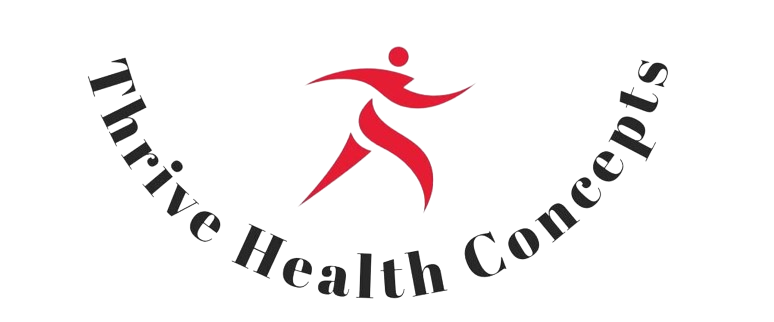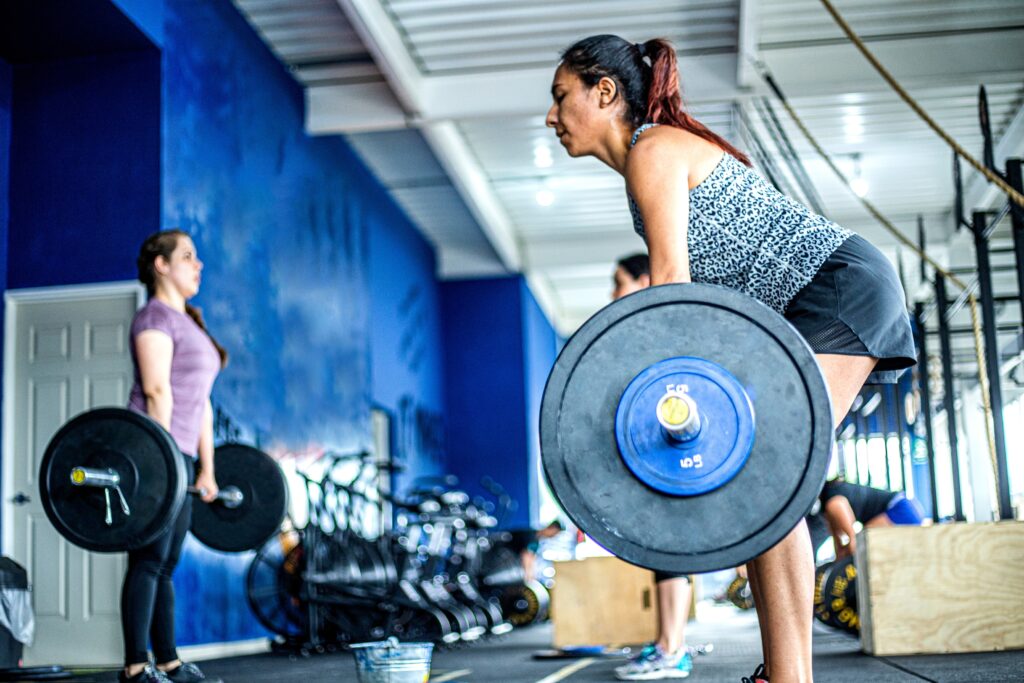As women transition through perimenopause and menopause, their bodies undergo significant changes. These changes can lead to a variety of symptoms, such as weight gain, muscle loss, decreased bone density, and increased fatigue. One highly effective way to combat these issues is through resistance training. In this blog, we’ll explore the importance of resistance training during these life stages, drawing insights from leading specialists and research.
Understanding Perimenopause and Menopause
Perimenopause is the period leading up to menopause, during which hormonal changes begin to occur. Menopause is defined as the point when a woman has not had a menstrual period for 12 consecutive months. This transition typically happens between ages 45 and 55 but can vary widely.
Dr. Heather Currie, a gynaecologist and former Chair of the British Menopause Society, explains that “hormonal changes during perimenopause and menopause can lead to a decrease in muscle mass and bone density, which can increase the risk of osteoporosis and fractures.”
Benefits of Resistance Training
- Preserves Muscle Mass and Strength Resistance training, also known as strength training, involves exercises that make your muscles work against a weight or force. Dr. Stacy T. Sims, an exercise physiologist and nutrition scientist, highlights that “resistance training is crucial for maintaining and
building muscle mass, which tends to decline with age and hormonal changes.” - Improves Bone Density Weight-bearing exercises stimulate bone formation and can help prevent bone loss. Dr. JoAnn Manson, a Professor of Medicine at Harvard Medical School, notes that “resistance training can significantly improve bone density, reducing the risk of osteoporosis.”
- Enhances Metabolism Muscle tissue burns more calories at rest compared to fat tissue. Increasing muscle mass through resistance training can boost your metabolism, helping to manage weight gain commonly experienced during menopause. Dr. Louise Newson points out that “building muscle through resistance training can counteract the metabolic slowdown associated with menopause.”
- Boosts Mental Health Physical activity, including resistance training, has been shown to improve mood and reduce symptoms of anxiety and depression, which can be exacerbated during menopause. Dr. Andrew Huberman, a neuroscientist at Stanford University, emphasises that “regular physical activity can enhance brain health and emotional well-being.”
Practical Tips for Starting Resistance Training
1.Consult a Specialist: Before starting any new exercise program, it’s important to consult with a healthcare provider. Dr. Kathryn Ackerman, a sports medicine physician, recommends a tailored approach based on individual health status and goals.
2.Start Slow: Begin with lighter weights and gradually increase the intensity. Dr. Michelle Warren, an endocrinologist, advises starting with two to three sessions per week.
3.Incorporate Variety: Mix up exercises to target different muscle groups. This can include bodyweight exercises, resistance bands, free weights, and machines. 4.Focus on Form: Proper technique is crucial to avoid injury. Consider working with a certified trainer to learn the correct form.
Conclusion
Resistance training offers numerous benefits for women undergoing perimenopause and menopause, from preserving muscle mass and bone density to boosting metabolism and mental health. As Dr. Stacy T. Sims succinctly puts it, “Lifting weights isn’t just about getting stronger; it’s about empowering yourself and improving your overall quality of life.”
For more information and guidance, consider resources such as the North American Menopause Society (NAMS), the British Menopause Society (BMS), and the Australasian Menopause Society.
References:
1.Currie, H. (n.d.). British Menopause Society.
2.Sims, S. T. (n.d.). “ROAR: How to Match Your Food and Fitness to Your Unique Female Physiology for Optimum Performance, Great Health, and a Strong, Lean Body for Life.”
3.Manson, J. (n.d.). Harvard Medical School.
4.Newson, L. (n.d.). Newson Health Menopause & Wellbeing Centre.
5.Huberman, A. (n.d.). Stanford University.
6.Ackerman, K. (n.d.). Boston Children’s Hospital.
7.Warren, M. (n.d.). Center for Menopause, Hormonal Disorders, and Women’s Health

